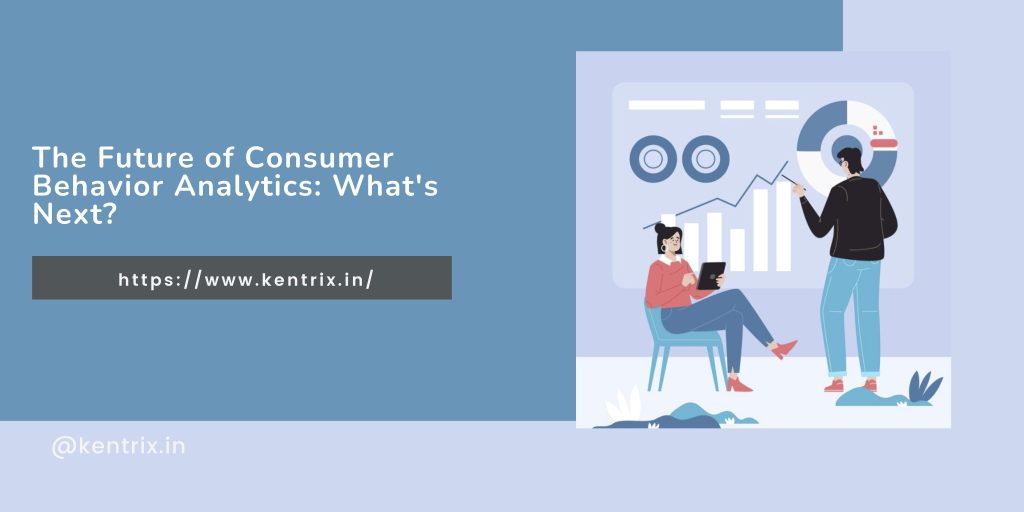Introduction
The landscape of consumer behavior analytics is evolving at a rapid pace. With the advent of new technologies and methodologies, businesses have more tools than ever to understand and predict consumer actions. In this comprehensive article, we delve into the future of consumer behavior analytics, exploring emerging trends, technologies, and strategies that will shape this field in the coming years.

The Role of Artificial Intelligence in Consumer Behavior Analytics
Leveraging Machine Learning for Predictive Analytics
Artificial Intelligence (AI) and Machine Learning (ML) are revolutionizing how businesses analyze consumer behavior. These technologies enable companies to process vast amounts of data quickly and accurately, uncovering patterns and insights that were previously unattainable. Predictive analytics, powered by ML algorithms, allows businesses to anticipate consumer needs and behaviors with unprecedented precision.
Personalization at Scale
AI also facilitates personalization at scale, tailoring experiences to individual consumer preferences. By analyzing data from various sources such as browsing history, purchase behavior, and social media interactions, AI can create highly personalized marketing campaigns that resonate with consumers on a personal level. This level of customization increases engagement and drives conversions.
Also Read: Benefits of Real-Time Consumer Data Analysis
Big Data and Its Impact on Consumer Insights
Harnessing the Power of Big Data
Big Data has been a game-changer in consumer behavior analytics. The ability to collect and analyze massive datasets allows businesses to gain deeper insights into consumer preferences and trends. By leveraging Big Data analytics, companies can identify micro and macro trends, understand consumer sentiment, and make data-driven decisions that enhance customer satisfaction and loyalty.
Real-Time Data Analysis
The shift towards real-time data analysis is another significant trend in consumer behavior analytics. Businesses can now monitor consumer actions as they happen, allowing for immediate responses to emerging trends or issues. This agility is crucial in today’s fast-paced market, where consumer preferences can change rapidly.
The Influence of Social Media and Digital Footprints
Analyzing Social Media Behavior
Social media platforms are a treasure trove of consumer data. Analyzing social media behavior provides valuable insights into consumer preferences, opinions, and emerging trends. Businesses can use social listening tools to track brand mentions, monitor sentiment, and engage with consumers in real time, thereby building stronger relationships and enhancing brand loyalty.
The Rise of Influencer Analytics
Influencer marketing has become a vital component of many marketing strategies. Influencer analytics helps businesses identify the right influencers for their brand, measure the impact of influencer campaigns, and optimize their strategies for better results. By understanding how influencers affect consumer behavior, companies can make more informed decisions and maximize their return on investment.
The Integration of Augmented Reality (AR) and Virtual Reality (VR)
Enhancing Consumer Experience with AR and VR
Augmented Reality (AR) and Virtual Reality (VR) are transforming the way consumers interact with products and brands. These technologies provide immersive experiences that can influence purchasing decisions. For instance, AR allows consumers to visualize how products will look in their homes, while VR offers virtual store tours. By integrating AR and VR into their marketing strategies, businesses can enhance the consumer experience and drive engagement.
Data Collection Through Immersive Technologies
AR and VR also offer new avenues for data collection. These technologies can track consumer interactions in virtual environments, providing detailed insights into their preferences and behaviors. This data can be used to refine marketing strategies and create more personalized experiences.
Ethical Considerations in Consumer Behavior Analytics
Data Privacy and Security
As businesses collect more data on consumers, ensuring data privacy and security becomes paramount. Companies must comply with regulations such as the General Data Protection Regulation (GDPR) and the California Consumer Privacy Act (CCPA) to protect consumer data. Ethical data practices not only safeguard consumer information but also build trust and credibility.
Transparency and Consumer Trust
Transparency is crucial in building consumer trust. Businesses should be open about how they collect, use, and protect consumer data. Providing consumers with control over their data and being transparent about data practices can enhance trust and foster long-term relationships.
The Future of Consumer Behavior Analytics: Trends to Watch

Integration of IoT Devices
The Internet of Things (IoT) is poised to play a significant role in consumer behavior analytics. IoT devices generate a wealth of data on consumer habits and preferences, from smart home devices to wearable technology. By integrating IoT data into their analytics platforms, businesses can gain a more comprehensive understanding of consumer behavior and deliver more personalized experiences.
Advancements in Natural Language Processing (NLP)
Natural Language Processing (NLP) is another area with immense potential. NLP technologies enable businesses to analyze text data from sources such as customer reviews, social media posts, and chatbots. By understanding the nuances of human language, businesses can gain deeper insights into consumer sentiment and tailor their strategies accordingly.
Adoption of Blockchain for Data Integrity
Blockchain technology offers promising solutions for data integrity and security. By providing a decentralized and tamper-proof record of data transactions, blockchain can enhance the transparency and trustworthiness of consumer data. This can be particularly beneficial in industries where data integrity is critical, such as finance and healthcare.
Also Read: Top Business Intelligence Tools for 2024
Conclusion
The future of consumer behavior analytics is bright, driven by advancements in AI, Big Data, AR/VR, and IoT. Businesses that leverage these technologies and adopt ethical data practices will be well-positioned to understand and predict consumer behavior, delivering personalized experiences that drive engagement and loyalty. Staying ahead of these trends will be crucial for companies looking to maintain a competitive edge in the evolving market landscape.


